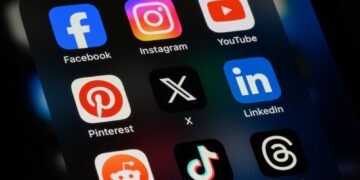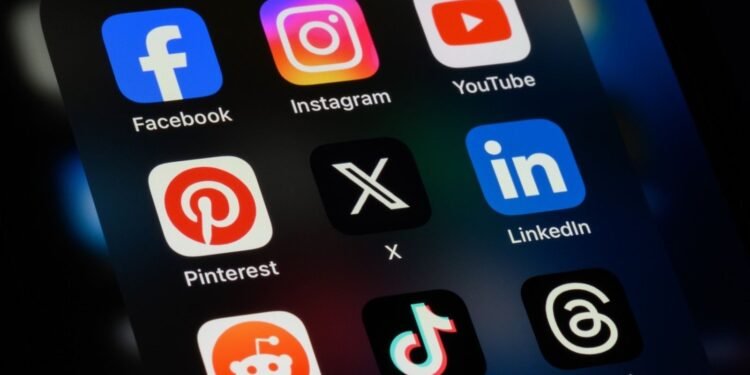While offering opportunities for communication and connection, Social media is often misused, allowing egos and abusive sentiments to flourish.
In the context of Juba, the platform had led to a rapid spread of misinformation and divisive rhetoric that exacerbate social tensions particularly during times of crisis.
Although social media platforms are powerful tools for disseminating information, they also have the potential to amplify false narratives, toxic discourse which can lead to security concerns, heatwaves, or economic crisis.
Many people rely on digital platforms for news and updates due to limited access to traditional media thus misinformation can spread unchecked.
Misleading or inflammatory posts often take precedence over factual reporting, and individuals driven by personal vendettas can easily stoke division such as fueling hatred among political classes and communities.
social media’s reach allows people with mischief to make their harmful sentiments to spread quickly, undermining public perception and trust in authorities.
The misuse of social media not only perpetuates misinformation but also encourages harmful social behavior; on Abusive language, hate speech, and personal attacks become normalized, leaving little room for productive discourse.
When egos take precedence over collective well-being, the focus shifts from addressing urgent issues—such as peacebuilding, climate-induced crises, or poverty—to inflaming divisions and scoring personal points.
This is particularly dangerous when the population is already vulnerable, struggling to navigate significant challenges. In such an environment, social media can do more harm than good, turning what should be a platform for constructive dialogue into a battleground of harmful rhetoric, driven by personal egos rather than the greater good.
To address this issue, it is essential to promote digital literacy and encourage more responsible usage of social media. This includes educating citizens on how to recognize misinformation, fostering empathy, and helping people understand the broader societal impact of their online behavior.
Encouraging the responsible consumption and sharing of information can go a long way in mitigating the negative effects of social media misuse. Moreover, regulating harmful content without stifling free speech remains a difficult but necessary balance. Governments and tech companies operating in South sudan must collaborate to create a safer digital space that minimizes abuse and the spread of harmful rhetoric while still allowing for open expression.
In conclusion, while social media can be a valuable tool for connection and information-sharing, its misuse in Juba and beyond—where egos and abusive sentiments are easily magnified—poses serious challenges. It’s crucial to move toward a more responsible digital culture that prioritizes truth, empathy, and constructive dialogue, particularly when communities are facing issues like economic crises, political instability, and the effects of climate change. Only then can social media truly serve as a positive force in society.












